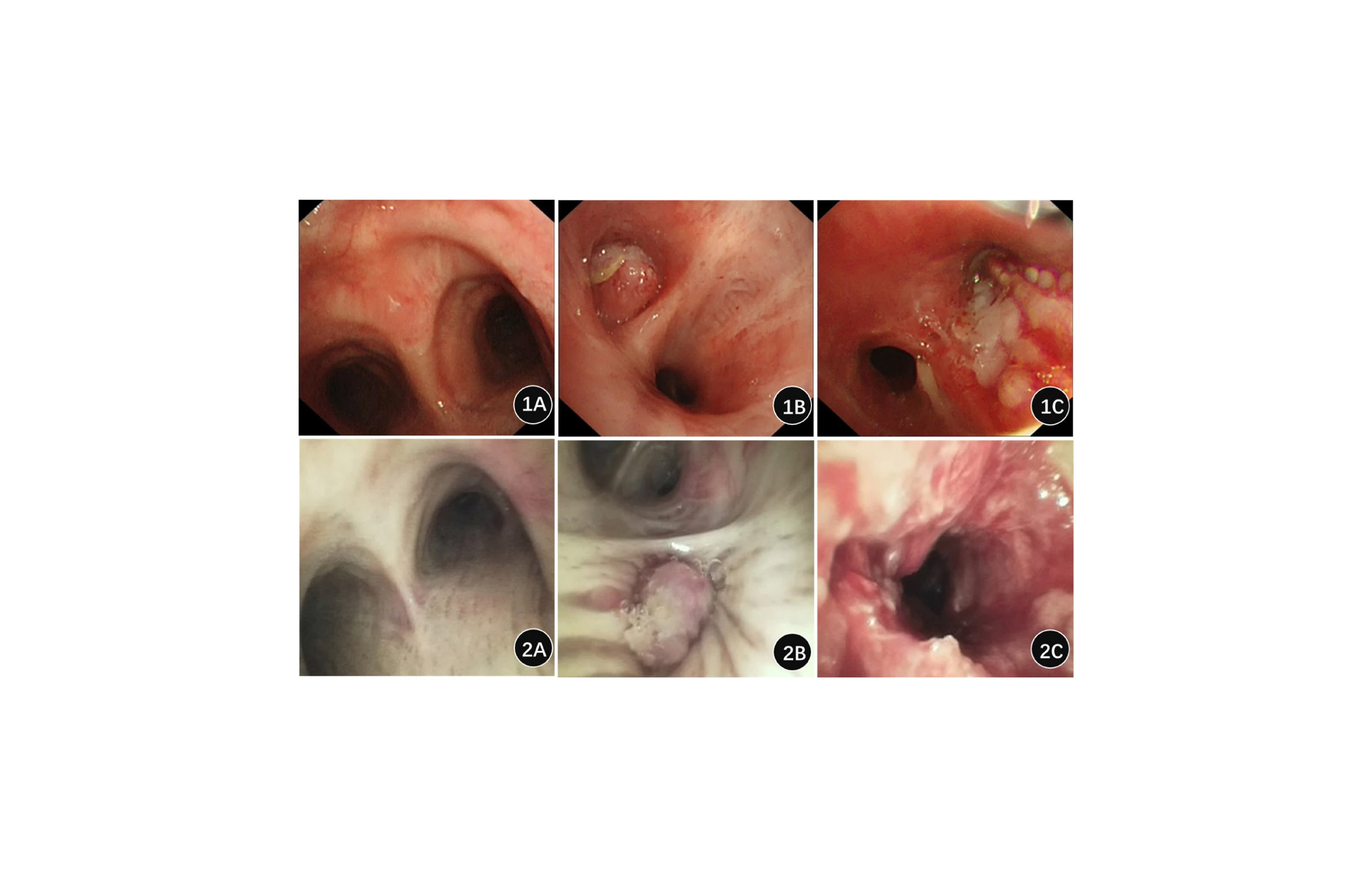
The University of Florida recently transitioned to single-use rhinolaryngoscopes to diagnose and treat head and neck cancers.
The university’s radiation oncology department cited improved image quality and infection control among the reasons for the switch.
The UF Department of Radiation Oncology now uses the Ambu aScope 4 RhinoLaryngo for its patients, according to the university’s website.
“The COVID-19 pandemic has forced us all to take a look at how we balance careful infection control with fiscal and environmental responsibility,” Dr. Kathryn Hitchcock, a physician and assistant professor, said in the online statement. “Once we saw the excellent clarity of the images provided by these devices, we knew they were the answer.”
The oncology department says the aScope RhinoLaryngo increases comfort and safety for patients during rhinolaryngoscopy. It's a small, flexible fiber-optic tube used to examine a patient’s airway and throat. Images and videos captured during procedures are then used by doctors to help with diagnosis and treatment planning.
Quality images can help identify head and neck cancers, and early detection of those cancers leads to improved survival rates and quality of life.
UF's announcement — released independent of Ambu — underscored its need for quality diagnostic equipment with statistics about the prevalence of head and neck cancers. Based on the most current data available from GLOBOCAN, new instances of head and neck cancers make the grouping the seventh most common cancer worldwide. Head and neck cancers include cancers of the oral cavity, pharynx, larynx, paranasal sinuses and nasal cavity, and salivary glands.
The Ambu scopes also help satisfy the university’s goals in terms of environmental responsibility with “a clear plan for keeping these materials out of landfills," university officials said.
Once used, the disposable devices are transported to specialized facilities where they are disassembled and converted to raw materials and energy.
Physicians at multiple academic hospitals across the U.S. scored the Ambu single-use rhinolaryngoscope superior in setup and convenience and better overall than reusable competitors. Those findings were detailed in a recent study published in Laryngoscope Investigative Otolaryngology.
The Ambu scope was found to be comparable to reusables in ergonomics and maneuverability and more cost effective, with no repairs or reprocessing needed for the same types of procedures.


